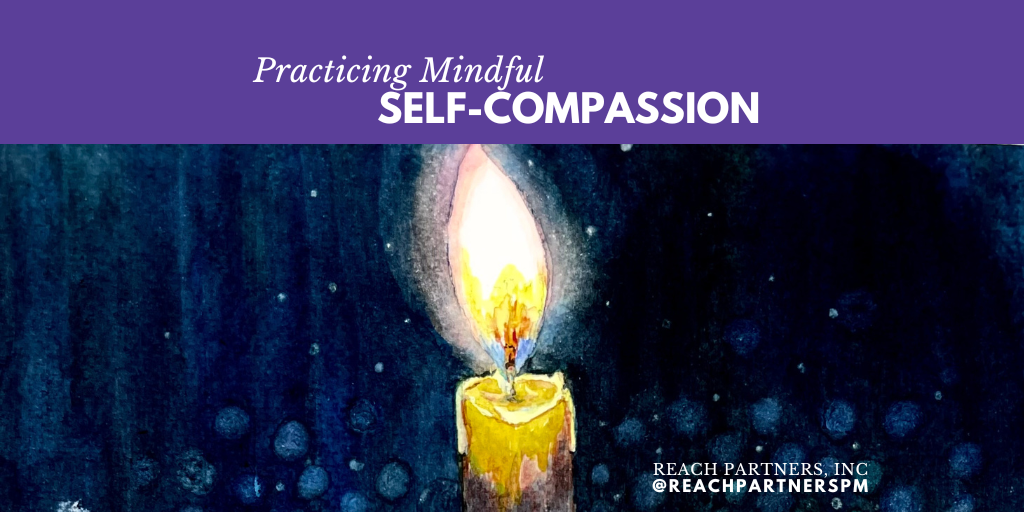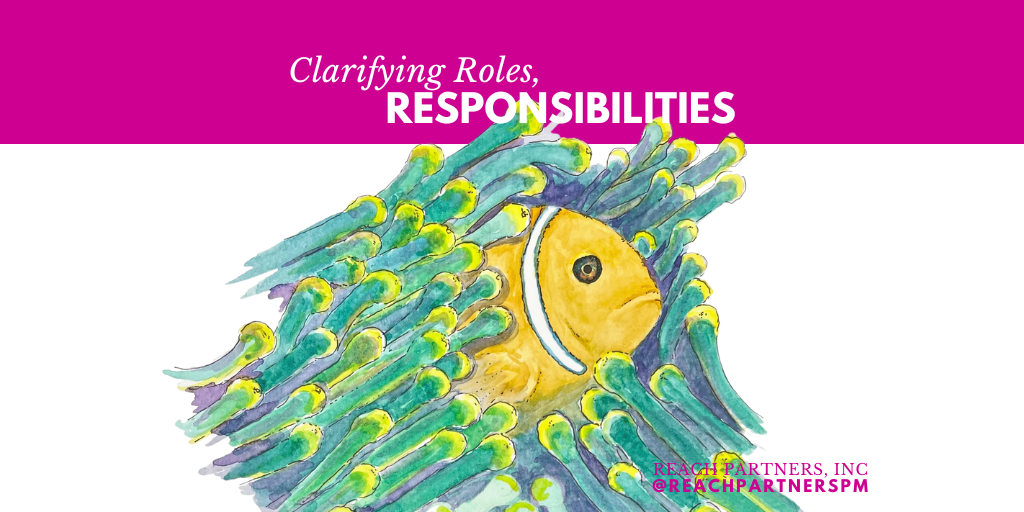|
My family and I recently enjoyed a vacation in North Carolina. We visited the beach, attended a professional hockey game, and cherished time spent together.
We also toured the Battleship North Carolina. This ship participated in every major naval offensive in the Pacific theater of operations during World War II. It’s now an authentically restored National Historic Landmark. As we walked through the exhibits and learned more about the important role this ship played, I had an ah-hah moment. At Reach Partners, we often use the analogy “we drive the boat” with our clients. It’s a way to describe the role we can play when an organization needs assistance. In North Carolina, I started to question what kind of boat we drive.
2 Comments
Every month you are invited to welcome our newsletter into your inbox.
What you may not fully appreciate is that we carefully choose what to share with you. For us, each newsletter is an opportunity to deepen relationships with our clients and readers. We view it as a conversation, an opportunity for us to learn together. Each month we draft one new blog post and choose additional content that we think might be valuable to you. We also publish because it encourages us to process and learn from the projects we are working on or completed. Writing about lessons gleaned from our work makes our newsletter more meaningful and purposeful. We want to give you a chance to learn from our experiences. This feels more authentic than writing about a random topic. We share our observations and ideas in the spirit of improving together. Our knowledge grows deeper when you, our readers, offer your own insights on the subject. There is connection as we learn together. In the moments before the launch of an event or project, I’ve heard Anita repeat a sort of pep talk with the team at hand. It always comes during the inevitable scramble that occurs as a project comes to fruition.
During this speech she reiterates the purpose of the activity, project, or event. She also tells the team that she’s intentionally pausing on politeness during this last-minute crunch. From that moment until everything is running on its own, the team will not hear Anita say please or thank you. This speech marks a moment of distinction when the project transitions from planning to execution, when the team moves from preparing to doing. At this moment, Anita shifts her role from relationship manager to focused executor. Declaring this small, but philosophically significant juncture, gives her the critical permission to “go,” and signals the team to do the same. Reach Partners knows the value of a wrap-up or lessons-learned meeting and how that can offer insight into future projects. We have talked about how best to present a Post Activity Report and who should be part of this kind of reflection.
But recently, someone asked whether it’s necessary to plan a wrap-up session when the event is never going to happen again. The short answer: yes. The longer answer, here’s why: Asking for help is hard. Or, at least for many of us that’s true.
When we hesitate to ask for support, however, we unnecessarily suffer through difficult situations at work, at home, or even in a relationship. The reasons we avoid asking for help vary. Maybe we don’t know how to ask. Maybe we are too proud or scared to show vulnerability in our Midwestern culture. Perhaps we carry generational baggage that tells us we are not worthy of needing assistance. Whatever the barriers are, we need learn how to rise above them. Leaders who ask for help are the kind of people with whom Reach Partners thrives. They are humble and know their limitations. Leaders who ask for help tend to value expertise that others bring. To get better at asking for help, we encourage you to think about the obstacles and why it’s worth overcoming them. People often say they need something specific to generate more energy and are disappointed when they never seem to have enough of it. I suspect this gap occurs because we focus on the things that gives us energy instead of the processes we set up.
Think about it: How often have we been asked, “What gives you energy?” How often have you been asked, “How do you produce energy?” Maybe it’s the “how,” not the “what,” we should seek. After all, we have more control over the “how.” As I reflect on this, I want to share a few ways you can create positive, helpful energy: I was once invited to give feedback on an activity my child participated in. I’m confident the leaders had good intentions – after all, they asked parents to fill out a survey. But, I didn’t feel fulfilled after answering the questions. I didn’t understand why my input was needed. Was I helping to make the activity better for the next year? Was I understood?
You’ve likely found yourself in a similar situation. The experience prompted me to think deeper about why we need feedback and the best way to gather it. We have found one of the best ways to start a meeting is with an opening question.
The simple act of asking a question at the beginning of a meeting builds a stronger, more effective team. It’s a great way to ensure that people who need to work together get to know each other better. Here’s how: It’s hard to take time for yourself when the calendar is full, but I’m learning that might be the perfect time to do so.
Recently, Rachel and I took an online course on self-compassion from experts Kristin Neff – if you’ve ever heard anyone referencing self-compassion, it was likely her! – and Chris Germer. They have been working together since 2010. We didn’t have an extra 12 hours in our schedule, but making time for that course was worth it. We want to be the best human beings and project managers that we can be. We accomplish this by learning, growing, and expanding our thinking. In late October, the Project Management Institute asked its Twitter followers to scare a project manager in five words or less.
The answers were creative and relatable, but one stuck out: Don’t define roles and responsibilities. Yikes! That would certainly scare me. Clarifying roles and responsibilities for people is necessary to achieve project success. I don’t want to work with a team or group that thinks this level of detail isn’t required. Taking the time to define this is critical, yet we repeatedly run into situations where people don’t recognize the importance of this step or don’t know how to do it. |
Reach PartnersYour partners in leadership. Categories
All
Archives
July 2024
|
|
|
Reach Partners, Inc
3330 Fiechtner Dr. Suite 100 Fargo, ND 58103-2321 701-271-8170 Copyright (C) 2024 Reach Partners Inc.
|










